A federal judge has dismissed a major claim brought by survivors and families of victims from the 2022 Club Q mass shooting, citing a 2022 change in Colorado law that shields landowners from liability in such attacks — even as he strongly criticized that law.
U.S. District Court Senior Judge William J. Martínez said he was “reluctantly” forced to throw out the survivors’ premises liability claim against Club Q’s owners, despite what he called clear allegations of inadequate safety measures and foreseeable threats.
“The Court shares Plaintiffs’ concerns and bristles at the idea that utterly foreseeable mass shootings can continue to occur with little to no civil recourse for victims,” Martínez wrote in his ruling. He added that the state legislature has essentially given landowners “carte blanche to implement zero safety precautions against obvious — or even known — threats of violence.”
Background of the Case
In November 2022, gunman Anderson Aldrich killed five people and wounded over two dozen more in a targeted shooting at Club Q, a prominent LGBTQ nightclub in Colorado Springs. Aldrich later pleaded guilty and is serving multiple life sentences.
Survivors and families of victims filed a lawsuit against various defendants, including the club’s owners, claiming the venue failed to take reasonable precautions despite known risks. They cited:
-
Reducing security from five guards to one
-
Not using available metal detectors
-
Ignoring specific prior threats
-
No active shooter protocols
-
Poor emergency exits
The Legal Hurdle: 2022 Law Change
Plaintiffs hoped to proceed under the Colorado Premises Liability Act, which typically holds property owners accountable if they fail to protect invitees from known dangers. But a 2022 amendment to the law — passed shortly before the Club Q attack — added a key limitation: courts must now consider whether a third party’s criminal act was the predominant cause of the injury.
This change was a direct response to a 2020 Colorado Supreme Court ruling that had allowed a similar case against Planned Parenthood to proceed. In that earlier decision, the majority allowed a mass shooting claim to go forward, but dissenting Justice Melissa Hart argued that the shooter’s intent should be the primary focus.
The legislature adopted Hart’s view in 2022, effectively shielding property owners in most mass shooting cases.
Judge Martínez’s Ruling
Applying the new law, Judge Martínez ruled that Aldrich’s actions were the predominant cause of the injuries, not the alleged negligence of the Club Q property owners.
“The Court feels constrained to conclude as a matter of law that Aldrich’s conduct was the predominant cause,” he wrote in a June 26 order.
While Martínez disagreed with the policy behind the law, he said he was bound by it. He noted the law was designed to prioritize private property rights, insurance availability, and landowner protections, even if it prevents victims of violence from pursuing civil justice.
Other Claims Still Alive
Although the premises liability claim was dismissed, Martínez allowed the plaintiffs’ wrongful death and negligence claims to proceed. He said those claims require deeper factual analysis and may or may not survive later motions.
A separate motion to dismiss claims against El Paso County and the county sheriff is still pending.
Martínez’s ruling may effectively set a precedent that mass shooting victims in Colorado will rarely be able to sue property owners under the state’s premises liability law — even when security failures are well-documented.

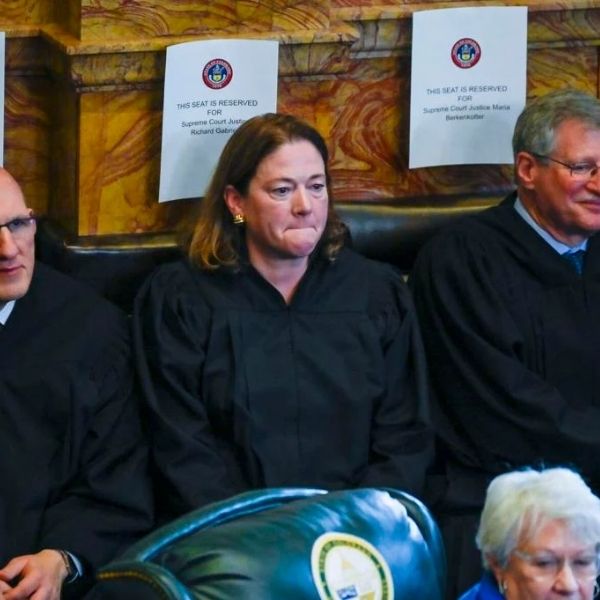


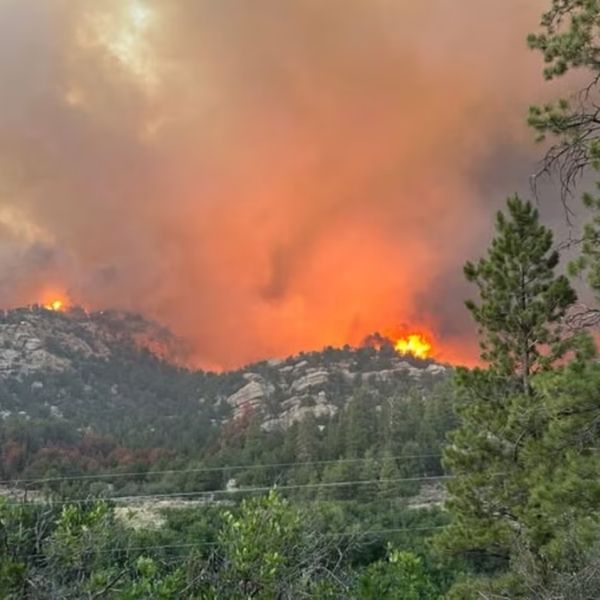
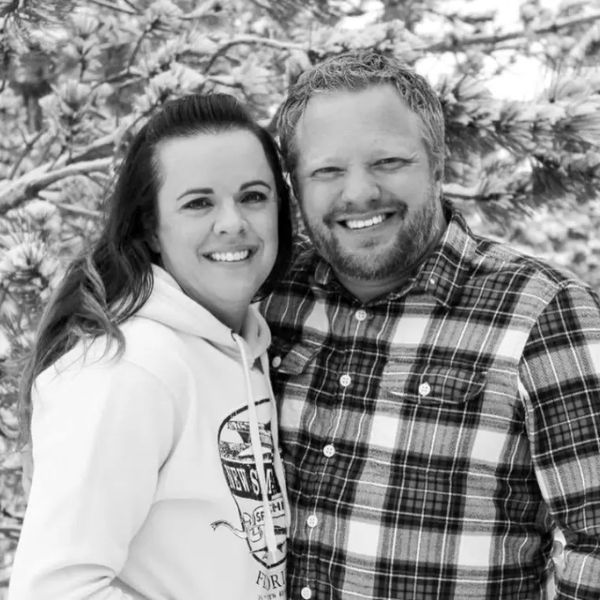

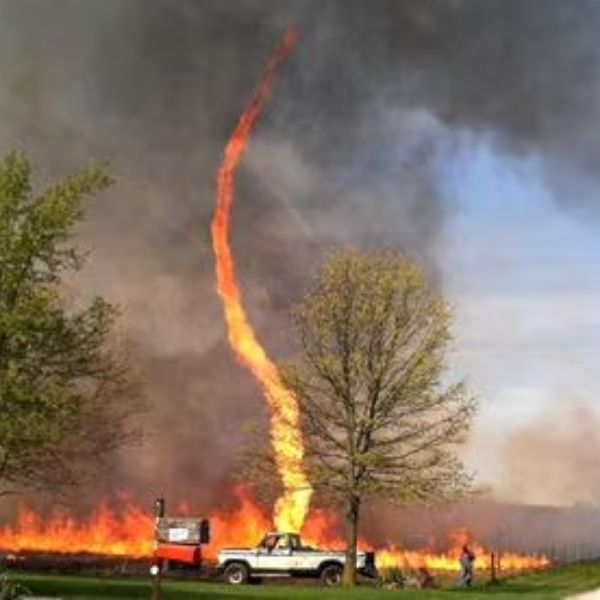
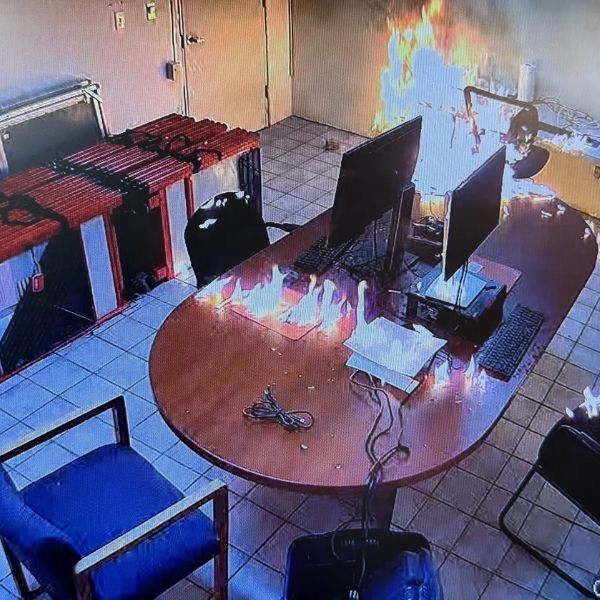

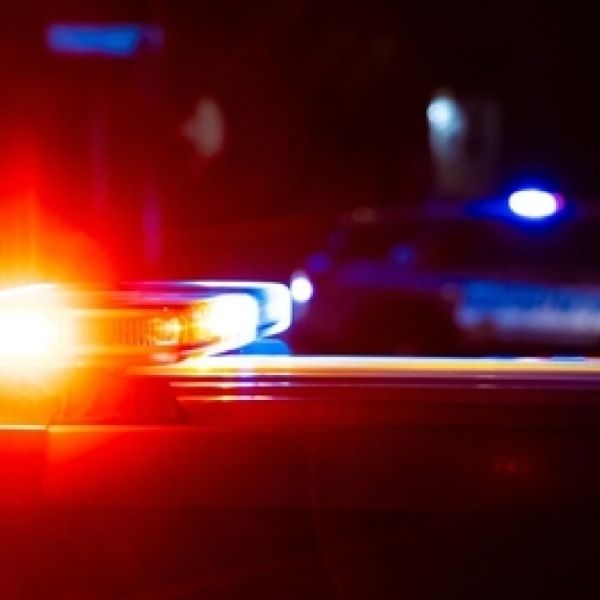

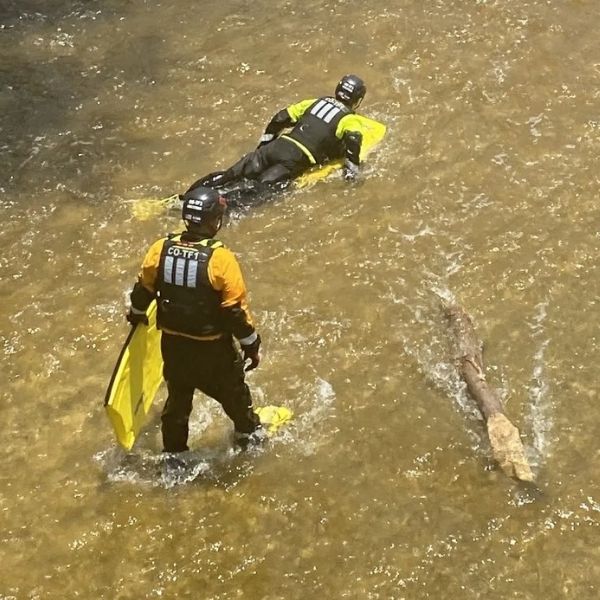



Leave a Reply